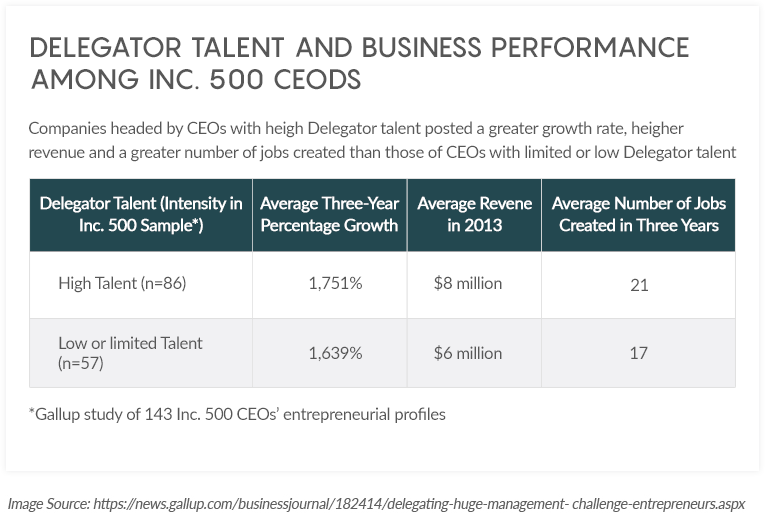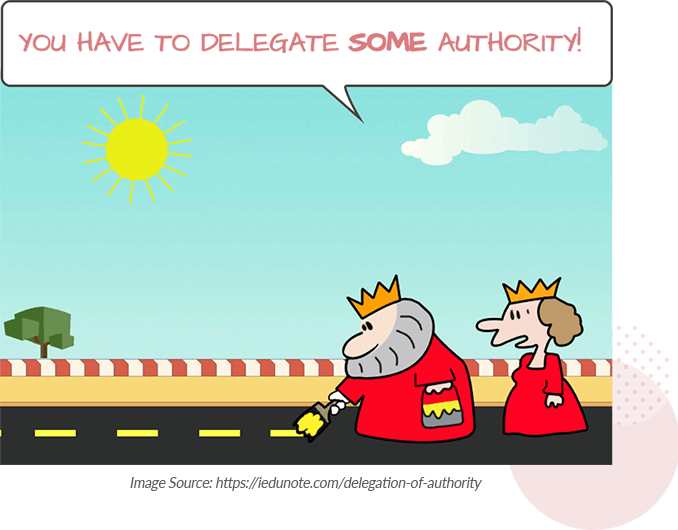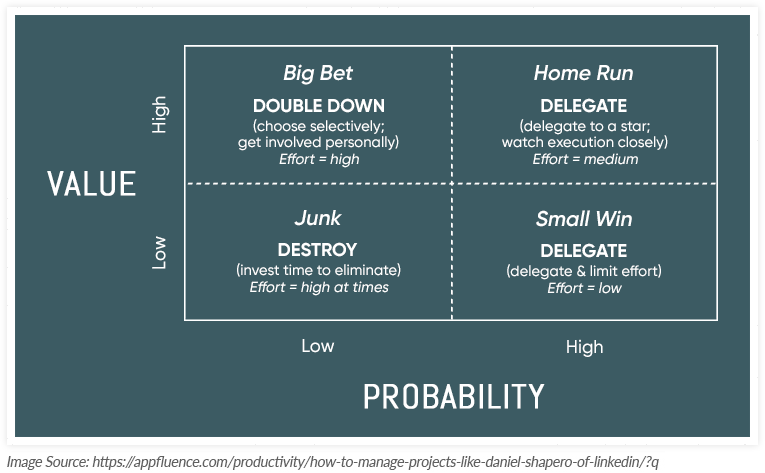From Chaos to Clarity
How this company grew its business by 6x in just 18 months and what you can learn from it
Recently 2 startup cofounders (let’s call them Alex and Mia), who were crushing it 12 hours A DAY and had built a million dollar business, approached me for some advice.
Their business was going great, but had suddenly hit a plateau and revenues stagnated. They were not able to cross that 1 million mark, no matter the effort they put in.
To top it all, they were exhausted. Putting in 12 hours a day is no joke. It takes a toll on your health and wellbeing. It stops your thought process and you function on autopilot out of sheer exhaustion.
That’s what was happening to these guys. They were trying to do it all themselves. And failing

Are you settings yourself up to fail ?
According to Forbes, 90% of startups fail.
Some fail because of the idea. Some because of the execution. I believe most fail because the founders don’t know when to stop and ask for help.
It’s become an entrepreneur hallmark to work insane hours, do everything them- selves, obsessing over tiny, unproductive tasks, and just be too busy to think straight.
The culture of ‘overwork’ sometimes called “hustle” has become a status symbol.
We forget that being busy and being productive are not necessarily equal.
Is it really worth your time to sit and sign purchase orders? Or handle payroll yourself? Or to schedule that social media post?
Doing everything by yourself is a recipe for disaster. A model that’s not sustainable in the long run.
Micromanaging limits your company’s growth and leads to founder burnout.
Anyone can build a small, profitable business alone. They can work themselves to death doing it. But can they turn it into a unicorn? Not really.
Delegate. Delegate. Delegate.
To exponentially grow your business, you must learn to delegate. Gallup research
shows that founders who delegate have a better business growth than those who get
lost in the day-to-day operations.

Yet, Only 25% of entrepreneurs who have one or more employess have the talent to delegate.
Why is delegating so difficult?
Losing Control
Most founders are unable to
delegate because they see it as
losing control.
Lack of Trust
Finding someone you trust will
do the job as well or better than
you can.
How do you know if it is time for you to delegate? First off, you need some honesty.
Ask yourself:
 Do I have too many things to do and not enough time to do them?
Do I have too many things to do and not enough time to do them?
 Is there someone more capable of making certain decisions or taking certain actions?
Is there someone more capable of making certain decisions or taking certain actions?
If the answer to any of the above is yes, it’s time to delegate some authority.

Did you know that just by delegating administrative and marketing tasks you can free up almost 40% of your bandwidth? That leaves you with more time to do things that can’t be delegated – leadership,networking, and strategic direction.
Research shows that leadership is contextual. While you may be great at leading one aspect of your business, you might not be so good at another.
There are some areas of your business that will eventually need expert advice. What’s the best strategy to run a digital campaign, how do you make investments to maximize capital utilization, which is the best vendor to work with?
There is a limit to what you can do alone. As a founder it’s important for you to focus
and prioritize areas where YOU will make the maximum impact.
Play to your strengths and find someone competent to do the rest.
Here’s a framework to help you decide WHAT to delegate.
 If it’s something that gives you low value and has a low probability of success give it up. Don’t do it at all
If it’s something that gives you low value and has a low probability of success give it up. Don’t do it at all

 If it’s a low value/ high probability or a high value/ high probability situation delegate.
If it’s a low value/ high probability or a high value/ high probability situation delegate.

 If it’s a high value proposition, but the chances of success are low then you take it upon yourself.
If it’s a high value proposition, but the chances of success are low then you take it upon yourself.

From Chaos to Structure
When we started working with Alex and Mia to address their growth issues we noticed
that everything was founder driven.
That was the first thing we needed to do away with. So we broke down
the founders’ to-do list and hired people to do it instead. Here’s how
we went about it:-

We looked at everything – the marketing processes, the product processes,
the design, implementation, HR and finance processes.
We dug deep into details to identify what needs to be done for each
of these functions to work. We took each process and broke it down to
its nuts and bolts.

We identified the mission critical elements of each process. For example, what are
the A, B, C things needed to make marketing work? What
roles are essential to get this done? Which of these roles would be hard to hire? For example, sales and copy writing is hard to hire while customer support is easier as it uses generic skills.

We identified what’s easiest to hire and what skills, attitudes, and intellectual ability
does this person need to have. We looked at hiring people with competencies that may
not be directly related to widen the talent pool. For instance data analytics is very
important for advertising. It’s was hard to find good advertising potential in their
country. We asked a different question – can we hire an engineer or finance
professional with a leaning interest towards advertising and train them?
We hired some rockstars, trained them on the job, and documented the process.
As we built more capability in the company, the company started to grow organically. This happened because of the leadership we built. Every 2-3 hires you make you’ll find one
person who has the potential to be a rockstar. That is the person you groom for leadership
roles.
Growth of the company is directly proportional to the leadership you build in the company.

The company will organically grow because the leaders will start taking responsibility.
That’s what happened to Alex and Mia’s startup. Without any funds, without changing
the product, without changing the marketing strategy, the company was able to grow
6x in just 18 months.
The Transition from Founder to CEO
As HBR puts it – one of the most difficult transitions for leaders to make is the shift from doing to leading.
As startup founders you build your business getting things done. You do everything from selling your product, to installing the equipment, to paying bills. It’s difficult to get out of that mindset.
As you build your team, you have experts who take away items from your to-do list. You dabble less, and manage more. You transition to a leader.
Leadership is less about doing things yourself and more about enabling people to do their job better. With each team member you empower, you move closer to your goal.
Leadership is not about teaching people your way of doing things, but more about training them and giving them the freedom to succeed.
If you want your company to have an amazing growth story, you need to make that transition from a founder to a CEO. You need to move from chaos to clarity. You need to have disciple of process. You need to make your time matter.
How have you evolved as a founder? What are some of the things you’ve done to enable your team and how has it impacted your growth?
What more can you do to hyper accelerate your growth?
Every year we select a few entrepreneurs to work with us to grow their companies while reducing the number of hours they invest working “in” the business. If this year if your year, if this is the year you will love to see extraordinary success for you business, we would be curious to see if we could help.
